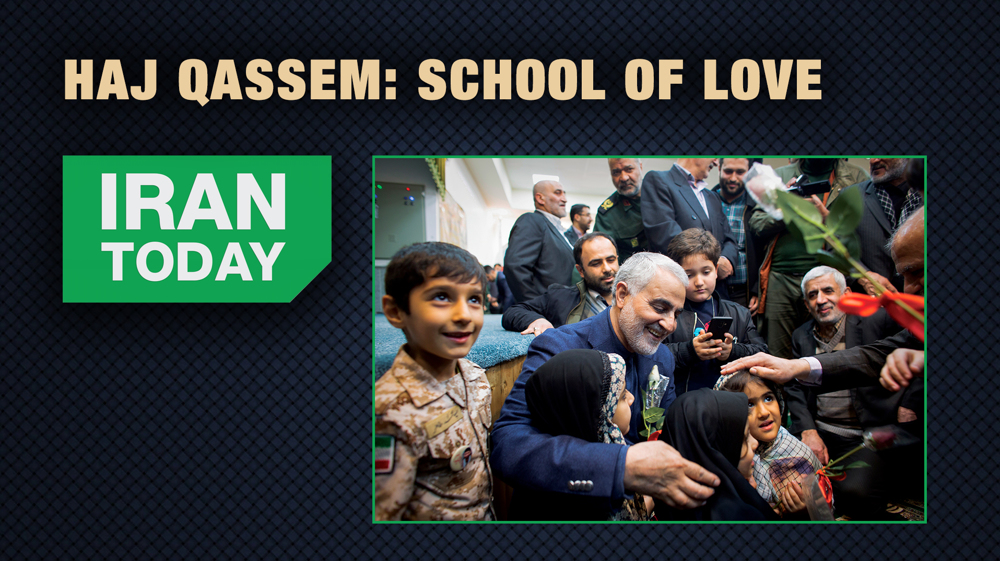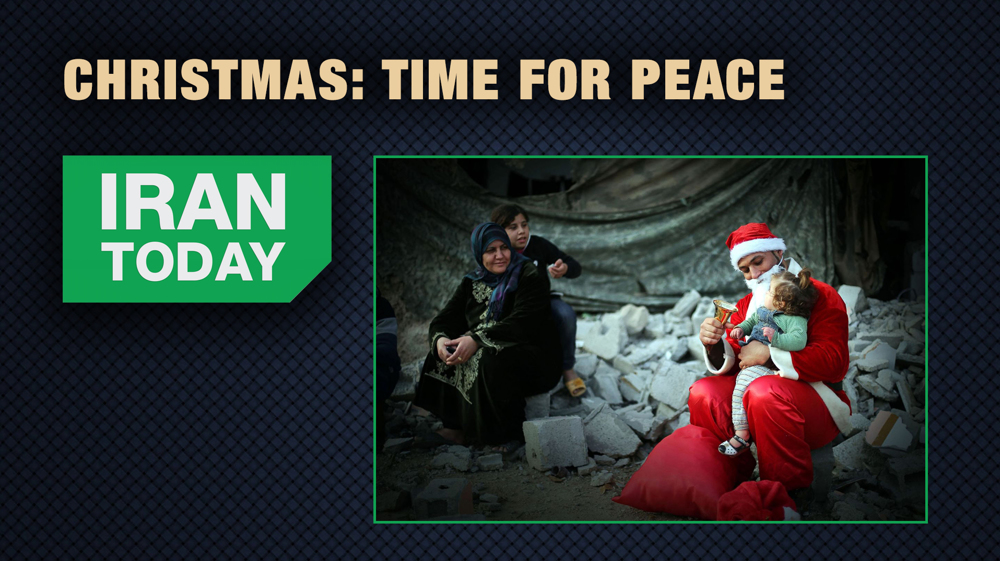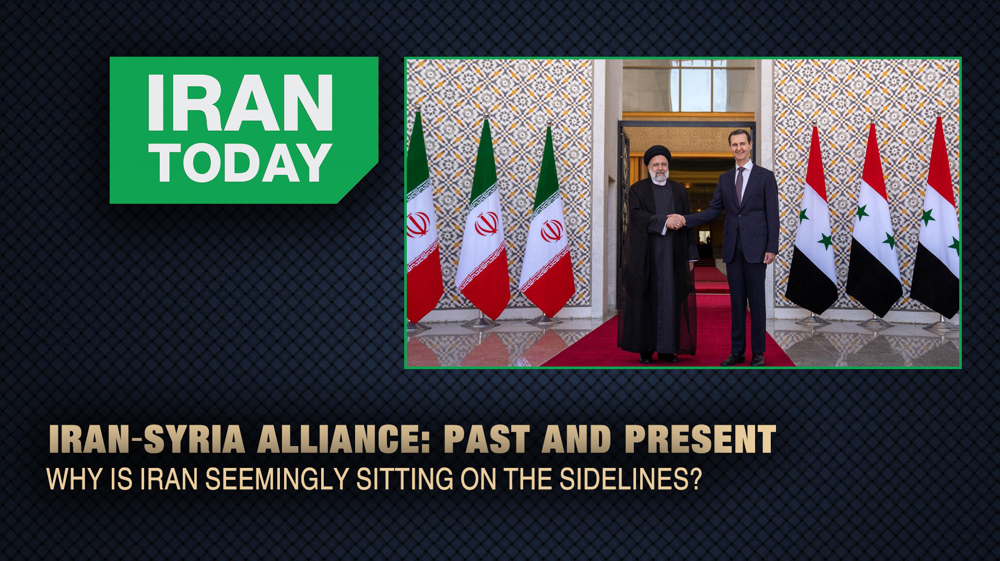Iran’s ties with regional countries
Soon after the conclusion of the Vienna agreement, Iran's top diplomat Mohammad Javad Zarif chose Qatar, Kuwait and Iraq as destinations for his first round of regional tours where he talked about the need to improve and deepen Iran's relations with the neighboring countries.
Iran’s diplomatic approach here has been and clearly is set to remain one of ensuring security and stability in a volatile environment which has seen far too many upheavals. The kind of official welcome accorded to Iran's foreign minister in Doha and Kuwait City indicated a brand-new beginning.
The Islamic Republic of Iran regulates its relations with other countries and governments based on certain principles. One of such principles is the right of deciding one's own fate. On the other hand, Iran sticks to the principle that every human being is entitled to suffrage and expression of their voice.
Kuwait and Qatar have highlighted the need for improving their existing relations with Iran. However, regardless of how cordial Tehran’s ties with Oman, Iraq, Kuwait and Qatar presently are, impartial observation reveals that this is not the case for relations with Bahrain, the United Arab Emirates and Saudi Arabia.
It’s no secret that these countries have been orchestrating a senseless drum-beat against Iran, under claims that Tehran is seeking to interfere in the internal affairs of regional nations, such as Bahrain, Yemen, but also that of Iraq, Lebanon and Syria. This is a claim that has not been proven. Tehran considers stability and peace in the Middle East as the ultimate goal for its foreign policy approach to the region.
Therefore, although Saudi Arabia continues its adversarial attitude toward Iran and so far has failed to comprehend the psycho-social changes that have taken place in the regional geopolitical equations in recent years, including in Syria, Iraq, Lebanon and even Yemen, Iran has proven that it is by no means willing to fan the flames of tension with its neighbors and the Arab states of the region.
Efforts made by Saudi Arabia to derail the Iranian nuclear negotiations were evident throughout the talks from a visit by the then Saudi foreign minister, Saud al-Faisal, to Vienna in November 2014 and the hostile remarks made by the country’s new Foreign Minister Adel al-Jubeir about the threat that Iran poses to the region.
Tehran poses no military threat to them because if this were the case, the United States would never seal a deal with Iran in the first place and neither would have Washington’s allies among the P5+1.
Iran Armed Forces confront all violations against the country’s soil: Ground Forces cmdr.
IRGC deploying ‘new weaponry’ during underway Ground Force drills
VIDEO | Press TV's news headlines
Another key hospital taken out of service by Israel in north Gaza
Iran's top medical association urges ‘safe’ release of Gaza hospital’s director
Hezbollah chief: Gen. Soleimani was a leader on strategic, intellectual levels
Euro-Med warns Dr. Abu Safiya’s life in great danger due to torture
MP: Israel violating ceasefire agreement with Hezbollah to make up for defeats









 This makes it easy to access the Press TV website
This makes it easy to access the Press TV website